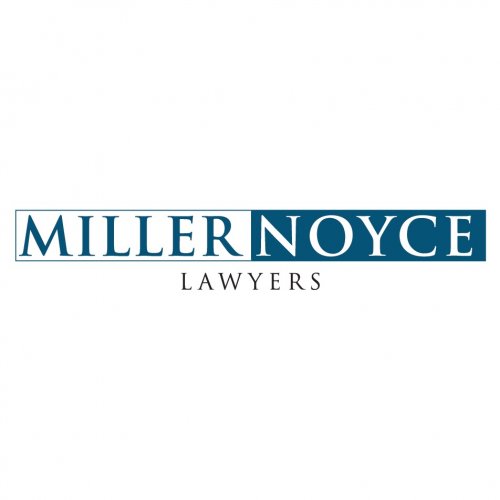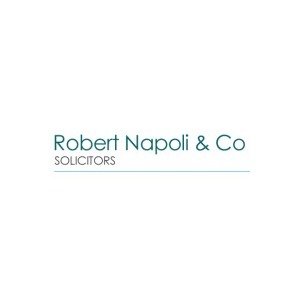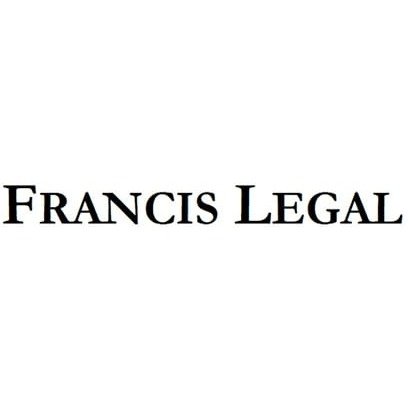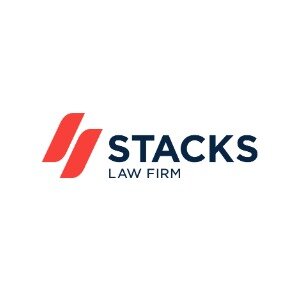Best Corporate Governance Lawyers in Hornsby
Share your needs with us, get contacted by law firms.
Free. Takes 2 min.
List of the best lawyers in Hornsby, Australia
About Corporate Governance Law in Hornsby, Australia
Corporate governance refers to the systems, practices, and processes by which a company is directed and controlled. It balances the interests of a company's many stakeholders, including shareholders, management, customers, suppliers, and the community. In Hornsby, Australia, corporate governance is shaped by a range of federal and state laws, as well as best-practice guidelines. It aims to ensure that businesses operate lawfully and ethically, fulfilling their obligations to all stakeholders while minimising risks and supporting sustainable growth.
Why You May Need a Lawyer
People and businesses in Hornsby may require legal advice on corporate governance for several reasons. Here are some common scenarios:
- Setting up a new company and establishing governance frameworks
- Reviewing or updating constitutions, shareholder agreements, and governance documents
- Managing board and director duties and responsibilities
- Handling conflicts of interest or related-party transactions
- Ensuring compliance with laws and regulatory requirements
- Managing shareholder disputes or minority rights issues
- Responding to regulatory investigations or breaches
- Navigating mergers, acquisitions, or restructures
- Adopting and implementing best-practice corporate governance standards
- Managing disclosures and reporting obligations
A lawyer with experience in corporate governance can help you understand your obligations, avoid costly mistakes, and protect the interests of your business and stakeholders.
Local Laws Overview
Corporate governance in Hornsby, New South Wales, is primarily regulated by federal law, including the Corporations Act 2001 (Cth) and the Australian Securities and Investments Commission Act 2001 (Cth). Local governance is also influenced by guidelines from the Australian Securities Exchange (ASX) Corporate Governance Principles, though these are mainly mandatory for listed companies.
Particularly relevant aspects for businesses in Hornsby include:
- Director duties and fiduciary responsibilities
- Rules on related-party transactions and conflict management
- Shareholder rights and protection of minority interests
- Mandatory record-keeping and reporting standards
- Whistleblower protections
- Continuous disclosure and transparency requirements
- Regulatory oversight by the Australian Securities and Investments Commission (ASIC)
- Local compliance requirements in New South Wales for certain corporations, including registration and taxation
Understanding and complying with these complex laws is essential for anyone involved in running a company in Hornsby.
Frequently Asked Questions
What is the role of the board of directors in corporate governance?
The board of directors oversees the management of the company, ensuring it acts in the best interest of shareholders and complies with all legal and ethical standards. The board sets strategic direction and monitors performance.
Do I need a board of directors for a small company in Hornsby?
Most Australian companies, including those in Hornsby, must have at least one director who resides in Australia. Proprietary companies can have a single director, while public companies require at least three directors.
What are the duties of company directors under Australian law?
Directors must act in good faith, exercise care and diligence, avoid improper use of information or position, and always act in the interest of the company. Breach of these duties can lead to civil and criminal penalties.
How can I handle a potential conflict of interest on the board?
Directors must declare conflicts of interest as soon as they arise and may need to step aside from decision-making on that matter. Clear governance policies help manage conflicts effectively.
What records do I need to keep for corporate governance compliance?
Essential records include meeting minutes, resolutions, registers of members and directors, financial statements, and any disclosures or notices relating to director interests and decisions.
Are there whistleblower protections for my employees?
Yes, the Corporations Act provides strong protections for whistleblowers, including confidentiality and protection from victimisation, when disclosures are made in accordance with the law.
Does corporate governance apply to not-for-profit organisations?
Yes, not-for-profits in Hornsby are also required to follow governance laws, though requirements may differ based on their legal structure and registration.
What happens if corporate governance laws are breached?
Breaching corporate governance laws can have serious consequences, including penalties, disqualification of directors, company deregistration, and possible criminal charges depending on the severity.
Are shareholders entitled to see company records?
Shareholders have specific rights to access certain company records, such as the register of members and minutes of meetings, but access to other documents is regulated and may require approval.
What is the role of ASIC in corporate governance?
The Australian Securities and Investments Commission (ASIC) is the key regulator enforcing corporate governance laws, overseeing company registration, compliance, investigations, and prosecutions in cases of misconduct.
Additional Resources
If you are seeking further guidance or need official information, consider these useful resources:
- Australian Securities and Investments Commission (ASIC)
- Australian Institute of Company Directors (AICD)
- Australian Stock Exchange (ASX) Corporate Governance Council
- New South Wales Fair Trading
- Business.gov.au for advice on starting and running a business
- LawAccess NSW for general legal assistance
- Local business chambers, such as Hornsby Chamber of Commerce
Next Steps
If you believe you need advice on corporate governance, start by gathering your company’s key documents and identifying the specific areas where you need help. Make a list of questions or concerns. Then consider contacting a lawyer with experience in corporate governance or business law. You can search for qualified professionals through local law societies or business associations. Many lawyers offer initial consultations, which can help you understand your options and the best way forward. Acting early can help you avoid future legal issues and ensure that your business complies with all governance requirements.
Lawzana helps you find the best lawyers and law firms in Hornsby through a curated and pre-screened list of qualified legal professionals. Our platform offers rankings and detailed profiles of attorneys and law firms, allowing you to compare based on practice areas, including Corporate Governance, experience, and client feedback.
Each profile includes a description of the firm's areas of practice, client reviews, team members and partners, year of establishment, spoken languages, office locations, contact information, social media presence, and any published articles or resources. Most firms on our platform speak English and are experienced in both local and international legal matters.
Get a quote from top-rated law firms in Hornsby, Australia — quickly, securely, and without unnecessary hassle.
Disclaimer:
The information provided on this page is for general informational purposes only and does not constitute legal advice. While we strive to ensure the accuracy and relevance of the content, legal information may change over time, and interpretations of the law can vary. You should always consult with a qualified legal professional for advice specific to your situation.
We disclaim all liability for actions taken or not taken based on the content of this page. If you believe any information is incorrect or outdated, please contact us, and we will review and update it where appropriate.












